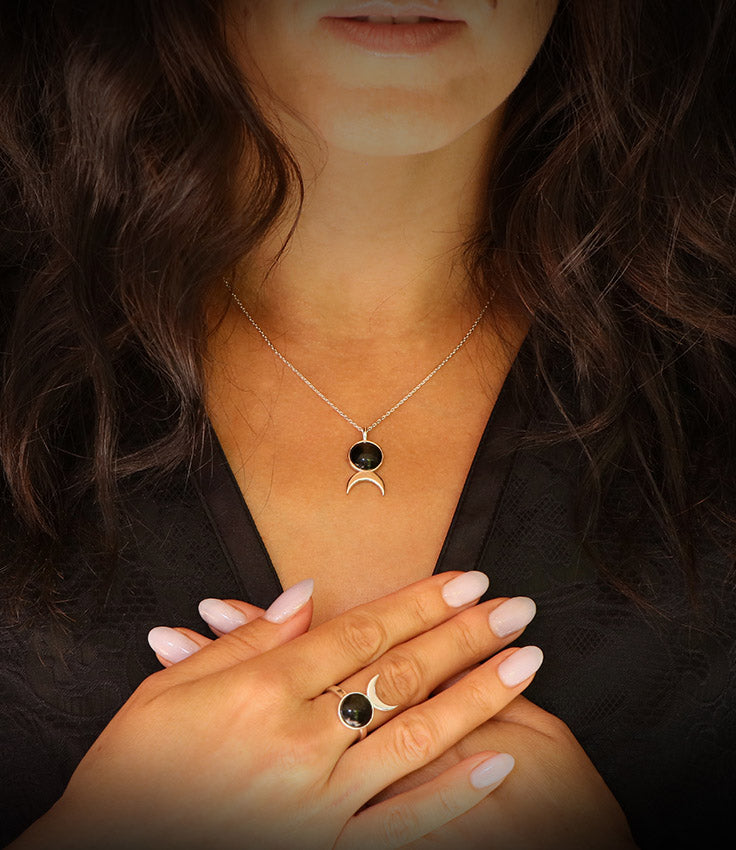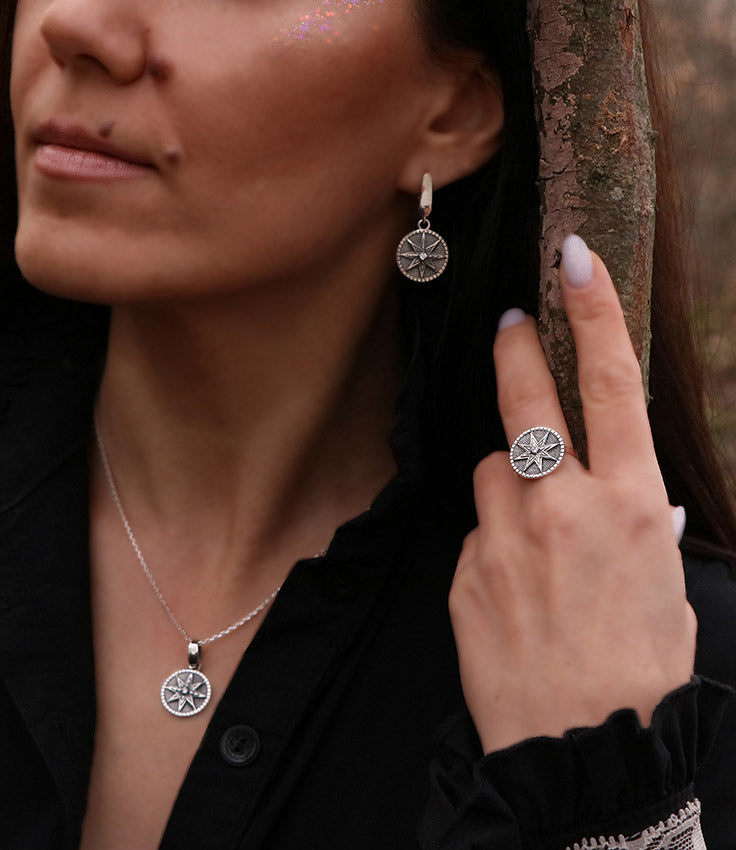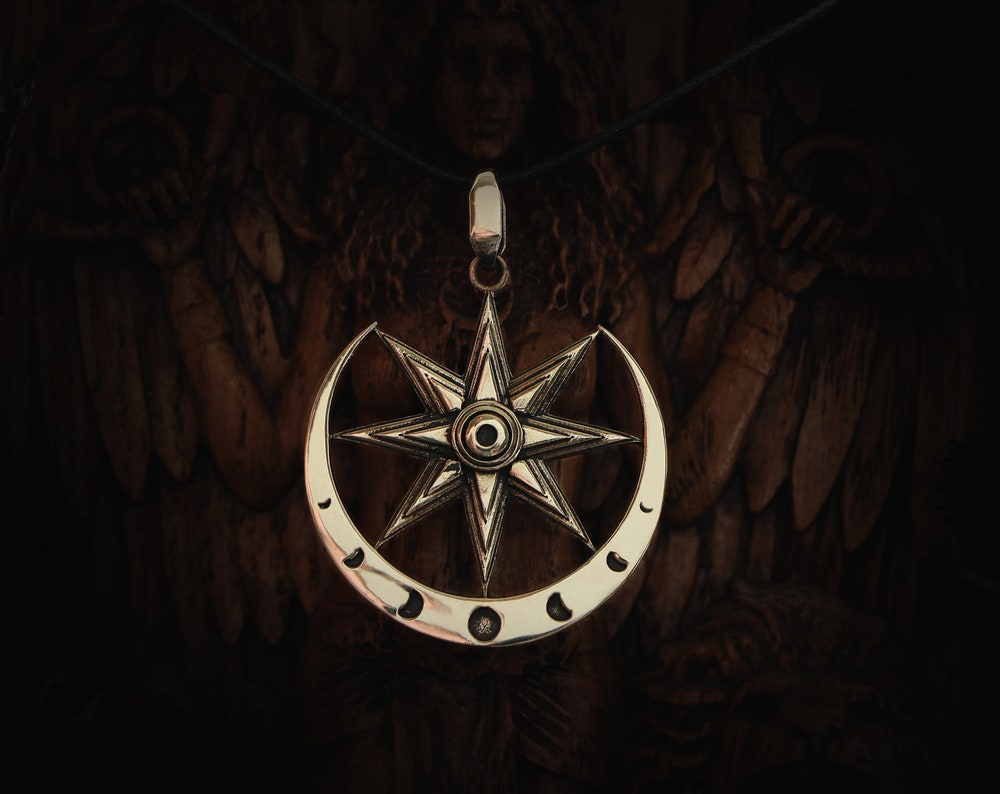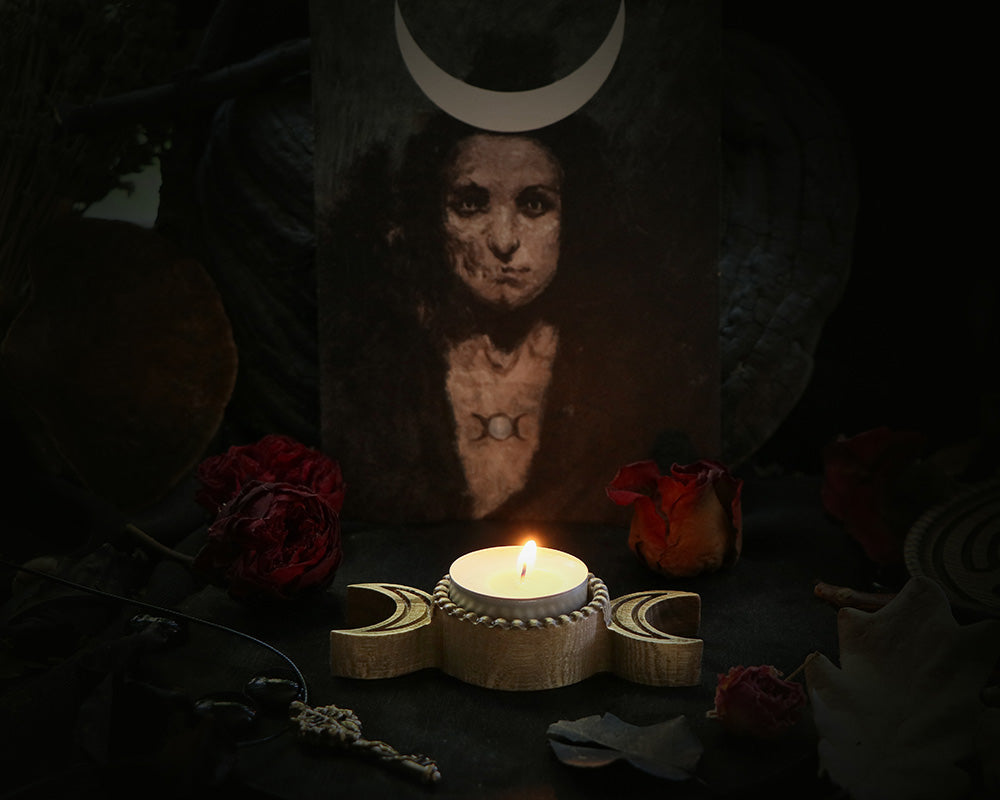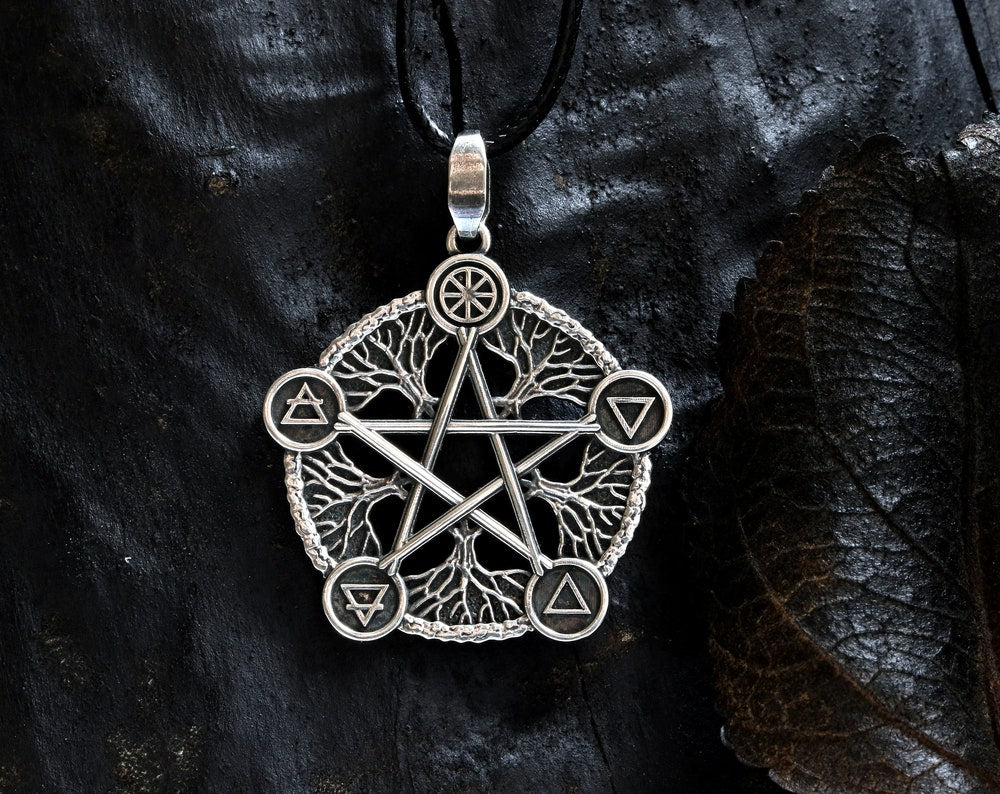Blog
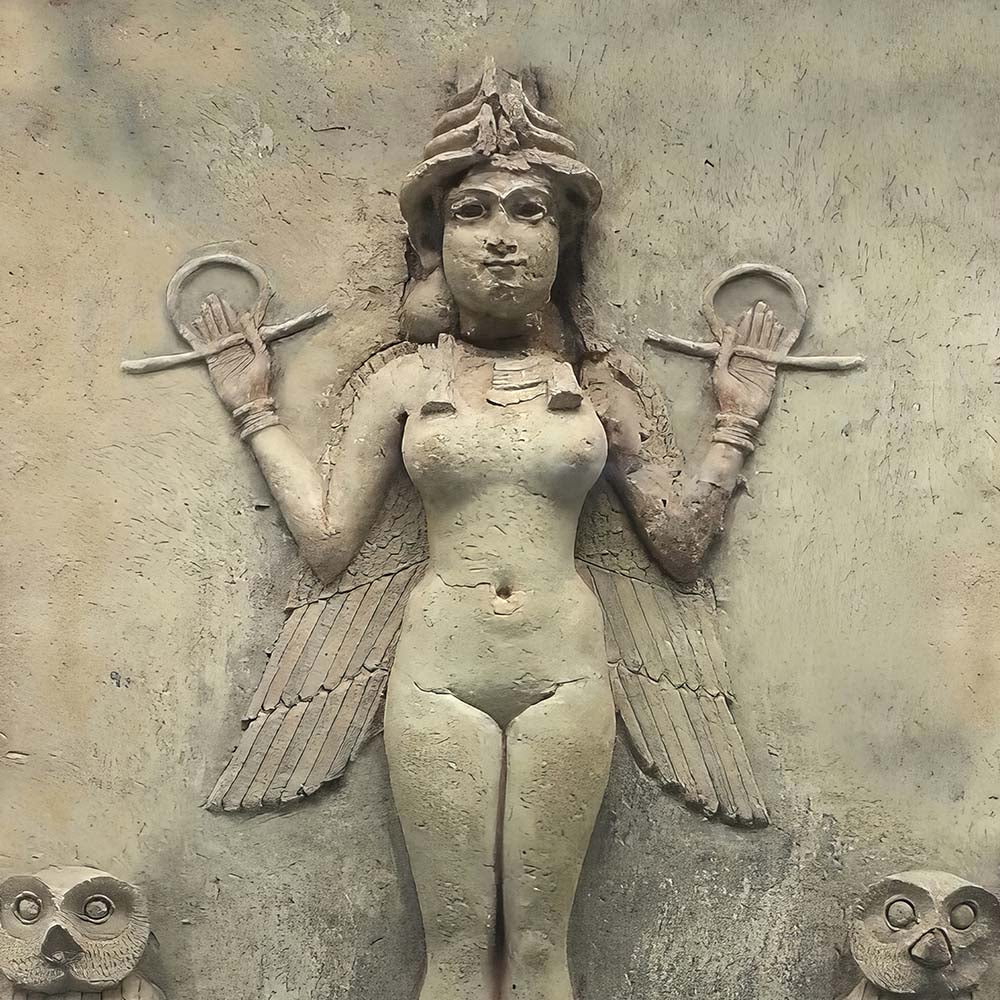
Ishtar/Inanna
What is Inanna famous for?
Inanna, referred to as Ishtar in Akkadian, holds a preeminent position in the Mesopotamian pantheon, being regarded as one of its foremost deities. While she is chiefly recognized as the goddess of...
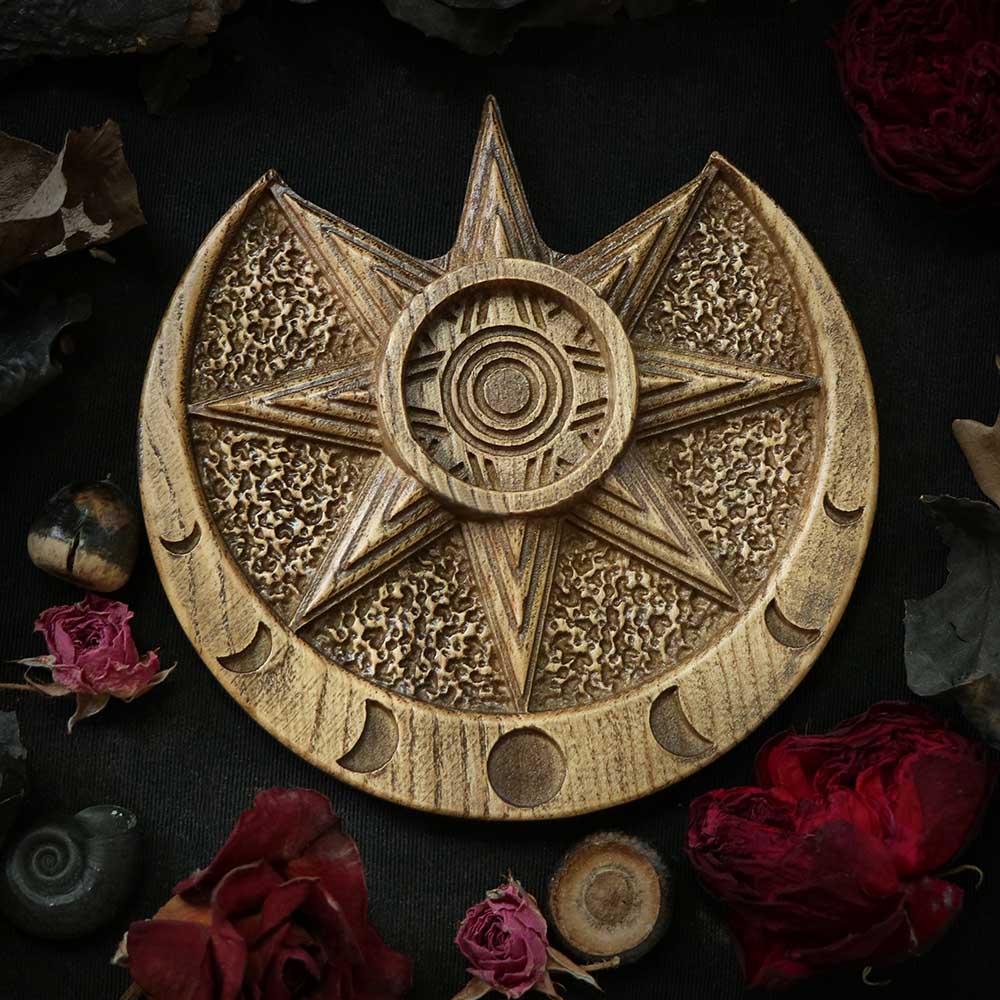
Ishtar/Inanna
What flower represents Ishtar?
The rose, in its symbolic representation, has long been associated with the powerful and revered goddess Ishtar. This connection can be traced back to the ancient Mesopotamian goddess Inanna, from ...
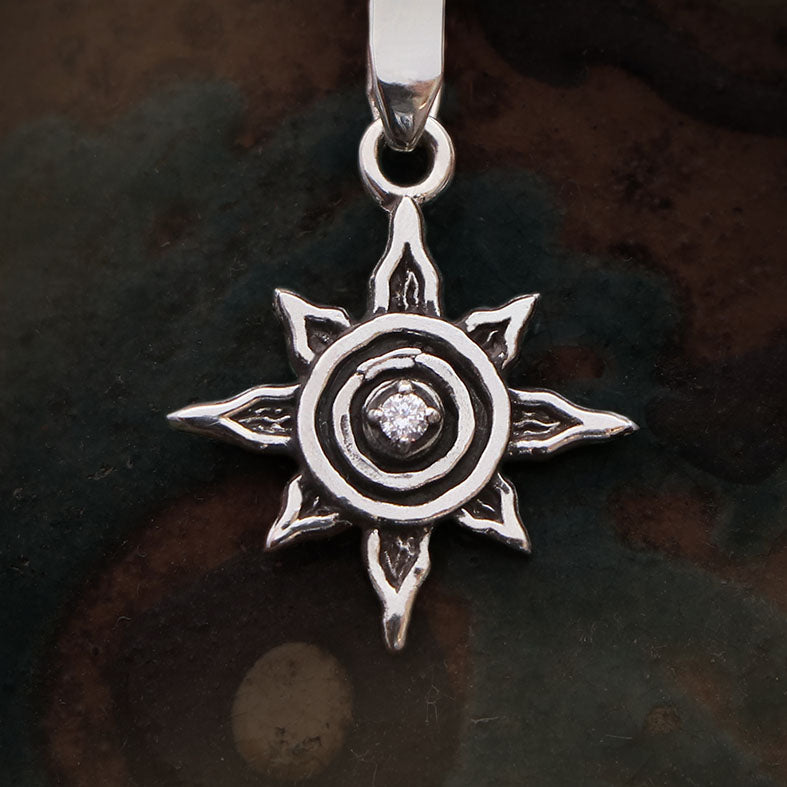
Ishtar/Inanna
Who is the 8 point star goddess?
The 8-point star goddess is a figure deeply rooted in ancient Mesopotamian mythology and symbolism. This symbol is most closely associated with Inanna, a prominent goddess in Sumerian mythology. In...
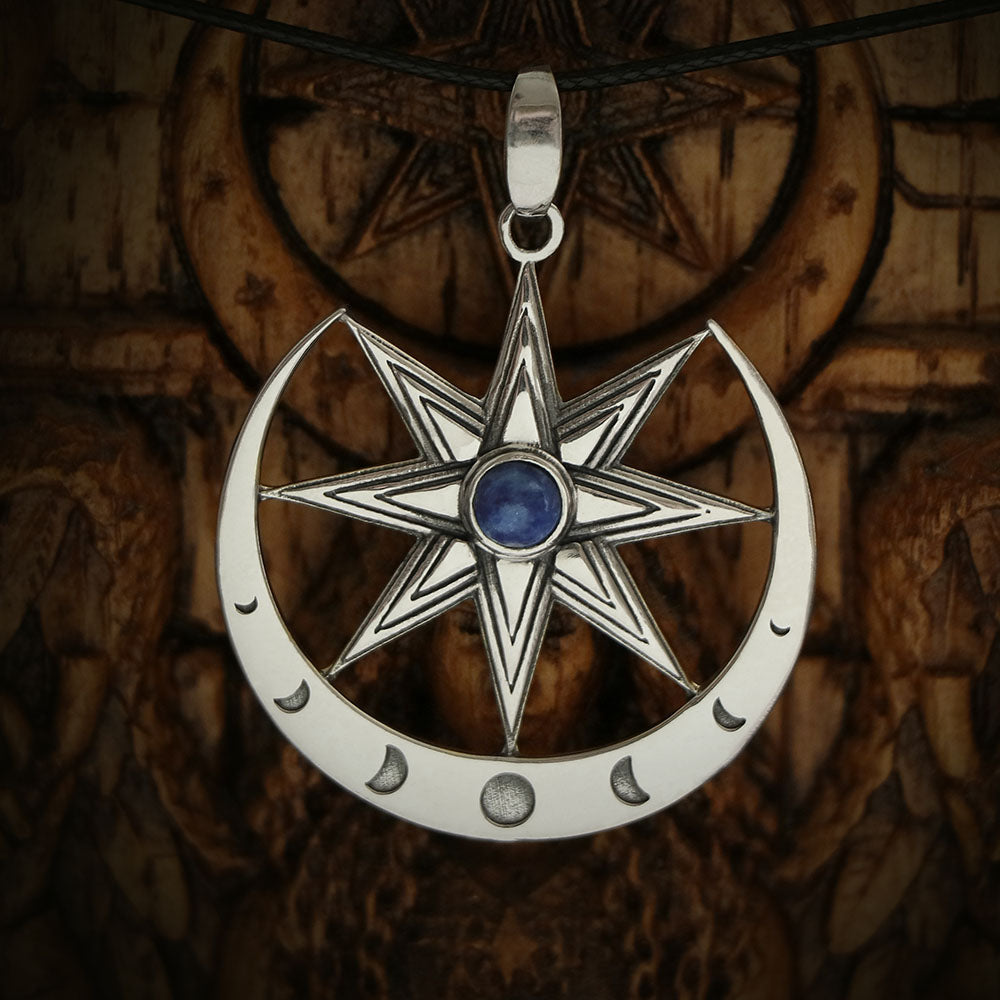
Ishtar/Inanna
What gemstones are associated with Ishtar?
Lapis Lazuli and Carnelian: The Celestial Stones of Ishtar
In the heart of ancient Mesopotamia, where the cradle of civilization thrived, a goddess of unparalleled power and grace reigned supreme. ...
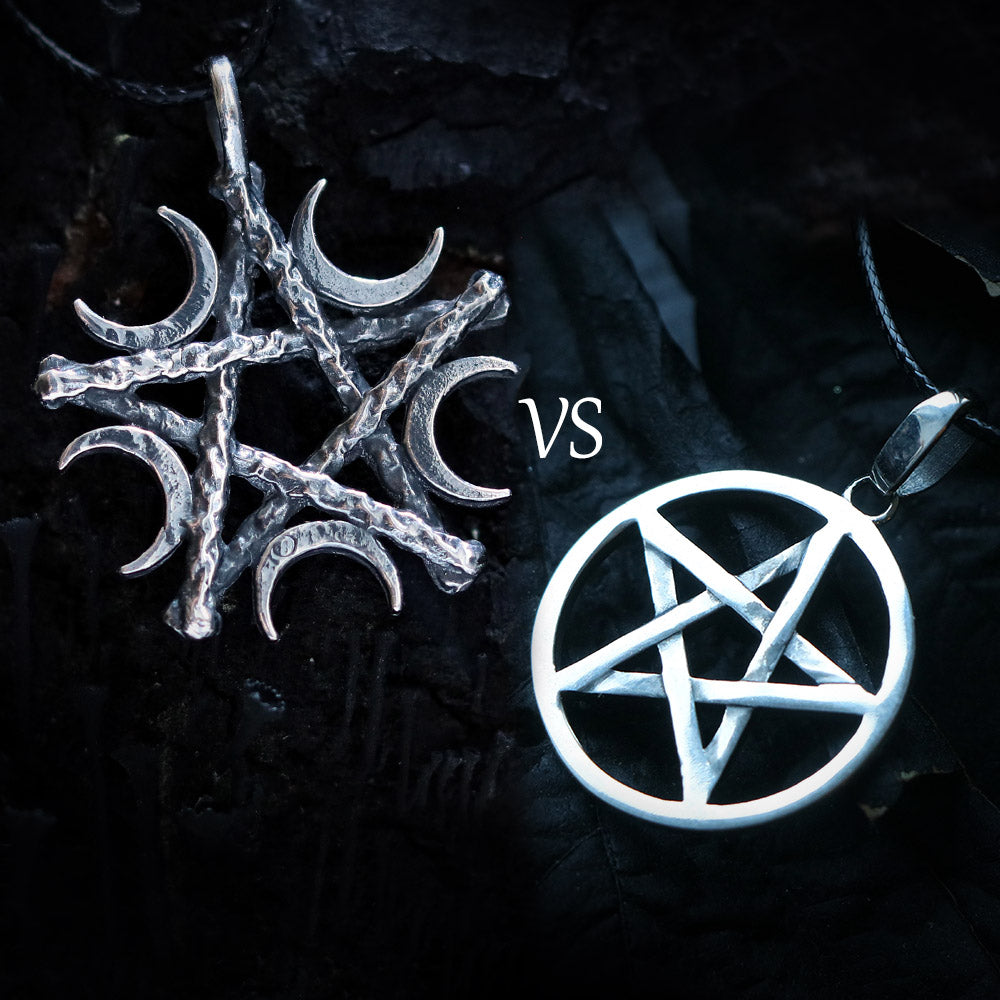
Pentagrams
Difference between Pentacle and Pentagram.
The terms "pentacle" and "pentagram" are often used interchangeably, but they have distinct meanings and are associated with different symbolism, especially in various cultural and religious contex...
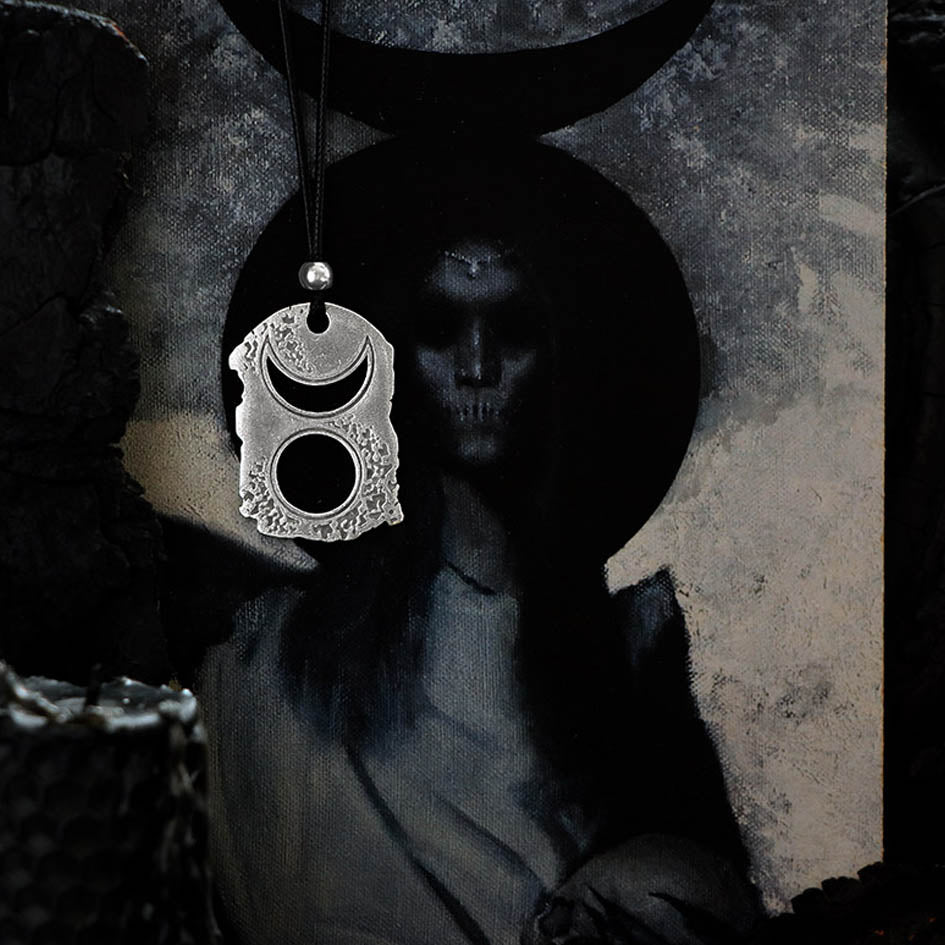
Hecate
What are some modern interpretations of Hecate in popular culture
In modern times, Hecate's enigmatic presence and multifaceted symbolism have captivated the imagination of creators and audiences in various forms of popular culture. This goddess from Greek mythol...
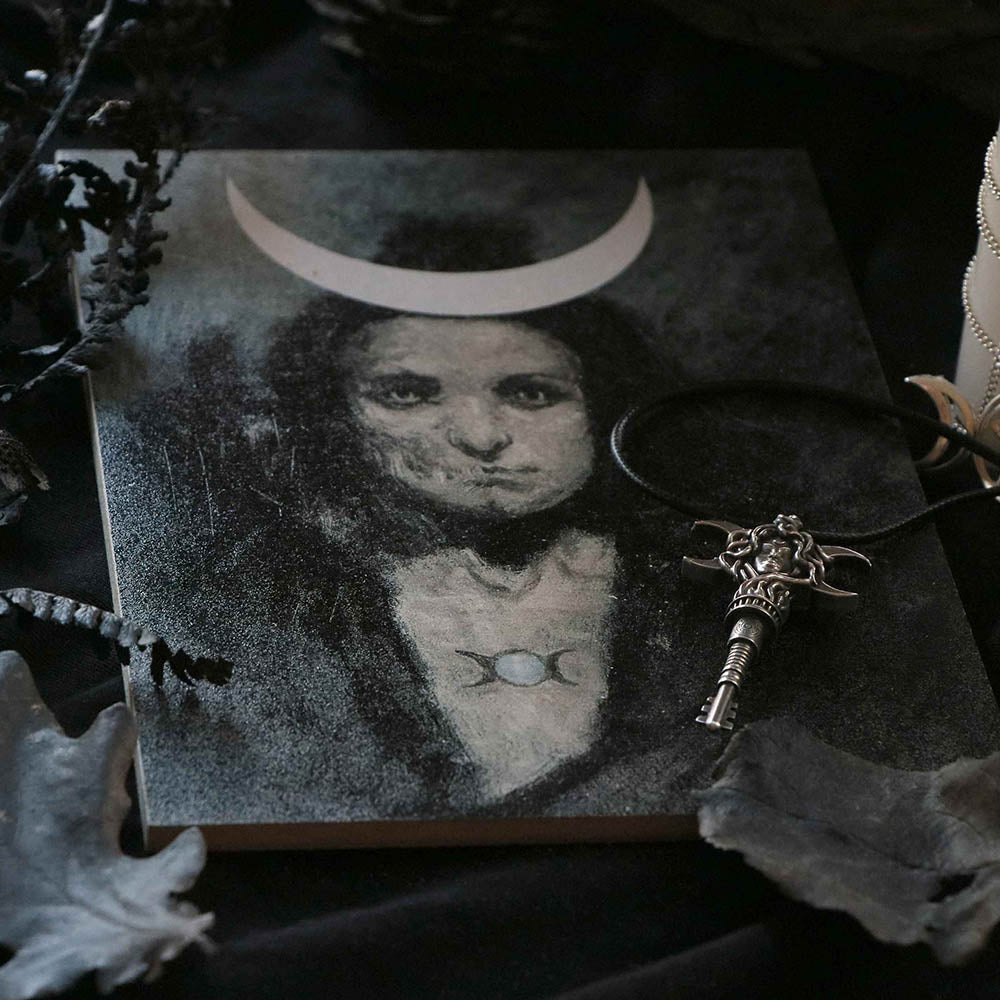
Hecate
What religion is Hecate?
Hecate is primarily associated with ancient Greek religion and mythology. In the ancient Greek pantheon, she was revered as a goddess and held a significant place in their religious beliefs and pra...
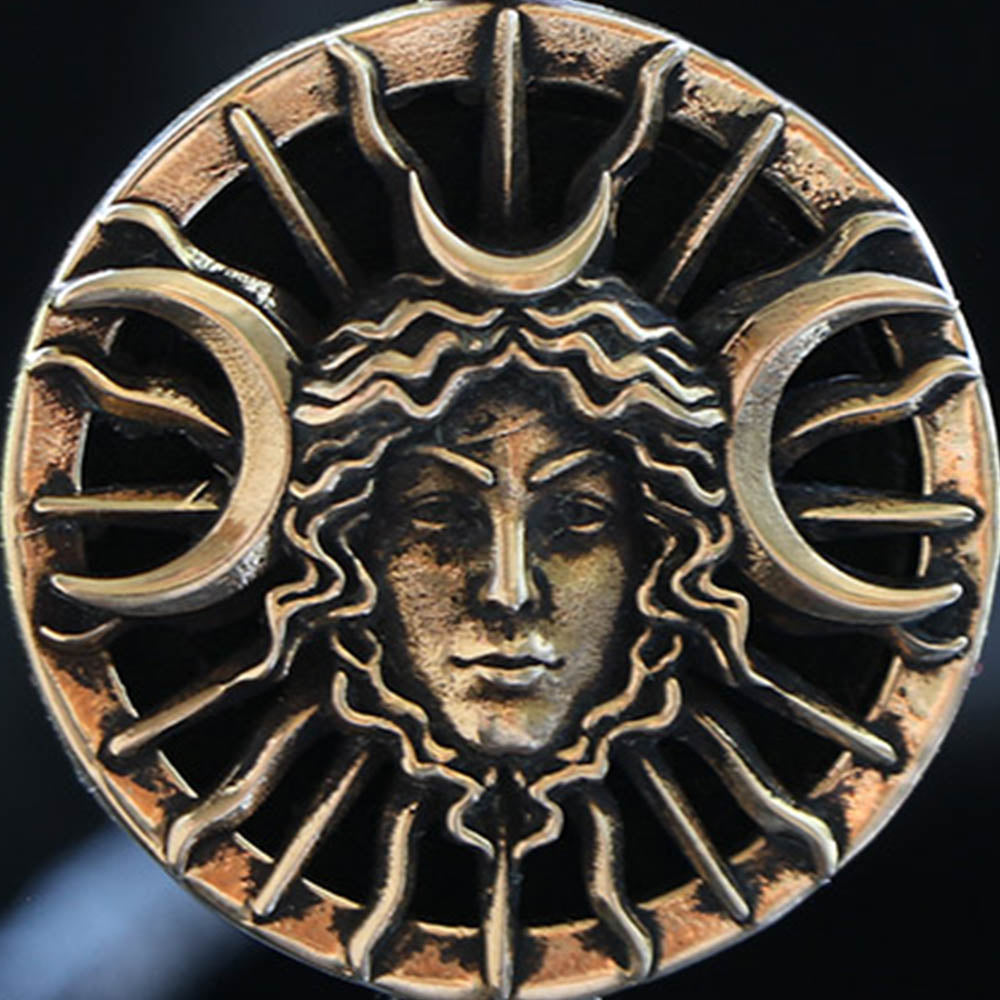
Hecate
What is Hecate the goddess of?
Hecate, the enigmatic and multifaceted goddess of ancient Greek mythology, holds a unique and revered position among the pantheon of deities. Often depicted as a powerful and mysterious figure, she...
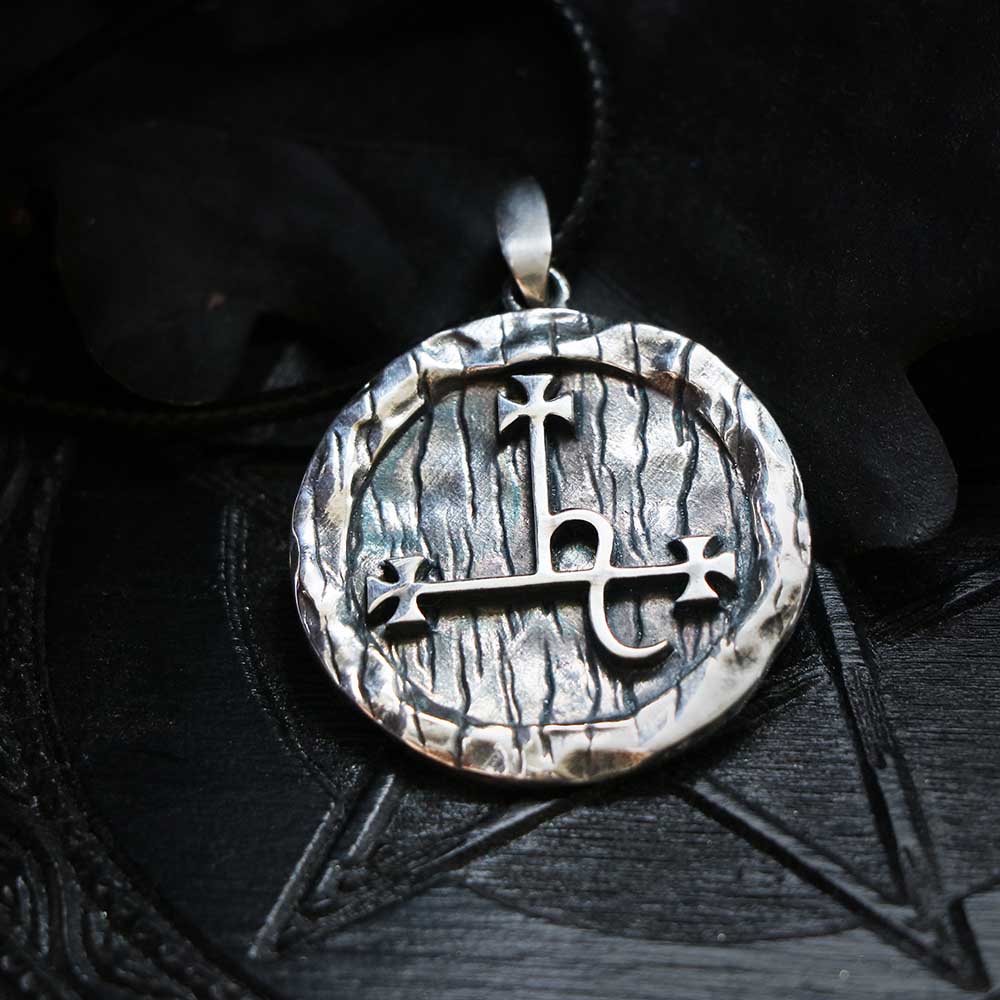
Lilith
What is the mean of Lilith?
The word "Lilith" has its origins in ancient Semitic languages, specifically Hebrew and Akkadian. In Hebrew, the term "Lilith" (לִילִית) is believed to be derived from the root word "lil," which tr...

